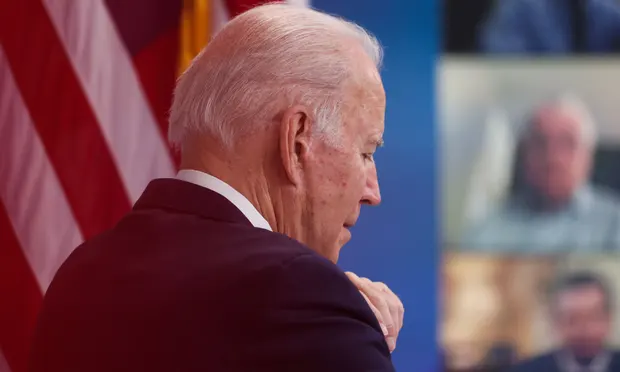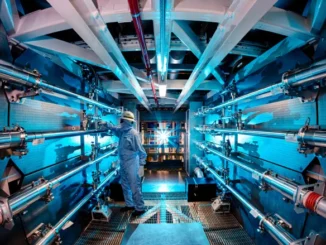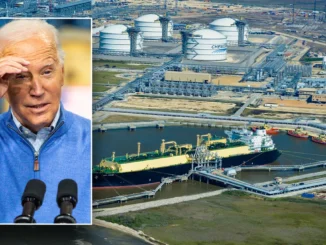
Courtesy of New York Magazine
Courtesy of ENERGYminute
See more articles and infographics from ENERGYminute HERE
If the Biden administration was a 90s rock band, they’d be Oasis: a promising start with great potential, partially deliver with the release the climate policy equivalent of Wonderwall (the Inflation Reduction Act), only to have Liam and Noel Gallagher (Joe Biden and Joe Manchin) feud until fans are left wondering where it all went wrong.
The feuding: Over the weekend, West Virginian Democratic senator Joe Manchin penned an article on the cover of the Wall Street Journal crucifying his own party. The senator’s article titled Biden’s Inflation Reduction Act Betrayal laid out his party’s bait-and-switch approach to getting policy signed by marketing one set of values and executing with another.
Senator Manchin is essentially the swing vote in the US Senate where the Democrats hold the narrowest control requiring the vote of every party senator, the vice president, plus a couple of independents.
The Inflation Reduction Act only was made possible by the vote of Senator Manchin, which he gave in exchange for a promised gas pipeline in West Virginia. Unfortunately for future climate policies, his fellow senators went back on their word, voted against the promised pipeline, and left Senator Manchin feeling like that guy from Golden Ball.
The big picture: Without Manchin’s support, it’s probably safe to say that no major climate policies will be passed going forward by this Congress — the senate of second largest emitting country in the world. But that’s not the big picture here.
In 2021, the International Energy Agency (IEA) released its Net Zero by 2050 policy, which highlighted what it would take to achieve net-zero carbon emissions in just 29 years.
One of lesser discussed levers for rapid decarbonization is the need for widespread cooperation amongst the various stakeholders. Without it, the IEA expects the time to achieving net-zero emissions to more than double, pushing out to 2090.
Global energy related CO2 emissions with and without international cooperation
gigatons of carbon dioxide
Courtesy of the Internatonal Energy Agency
Even before widespread international cooperation can occur, stable policies must first be achieved at home. If senators within the same political party can’t work cooperatively, there is almost no hope across parties nationally and then internationally.
In 2011, President Obama introduced a set of air quality standards through the Environmental Protection Agency. During the Trump administration, many of those EPA standards were rolled back, only to be once again reinstated by the Biden administration.
If there’s one thing that scares investors more than not having the latest Patagonia vest, it’s rapid and unpredictable policy changes.
Zoom out: In a world looking to decarbonize, the name of the game is cooperation. Unfortunately, tit-for-tat politics like those playing out on the cover of the Wall Street Journal fall in the “not cooperating” category.



